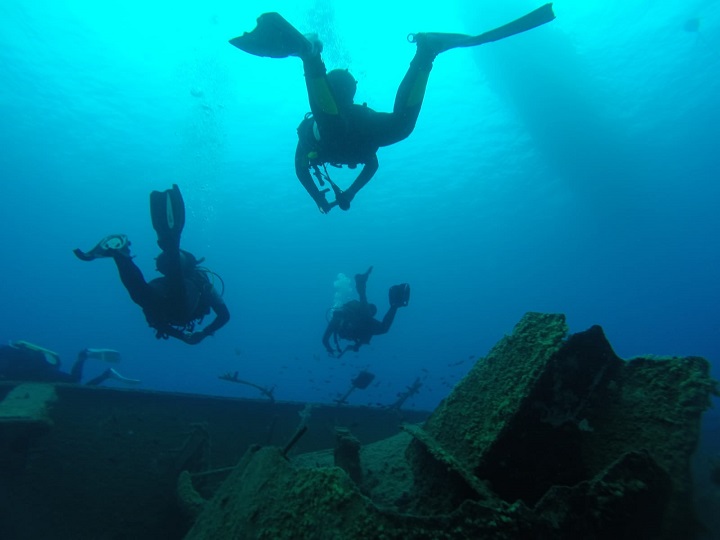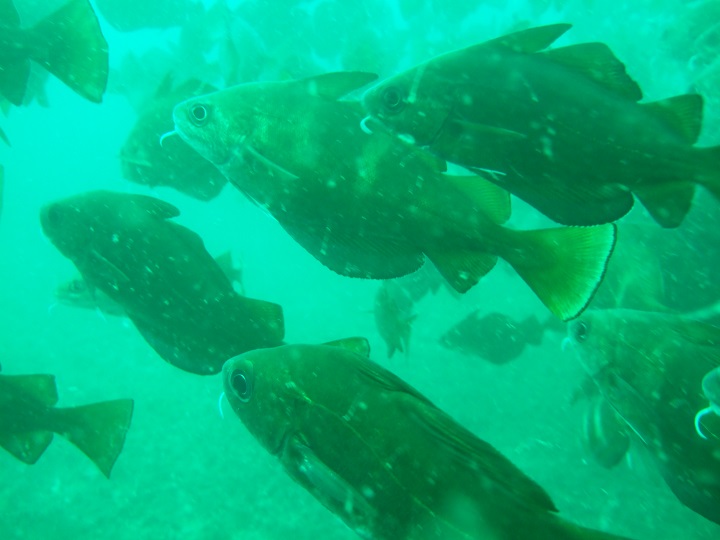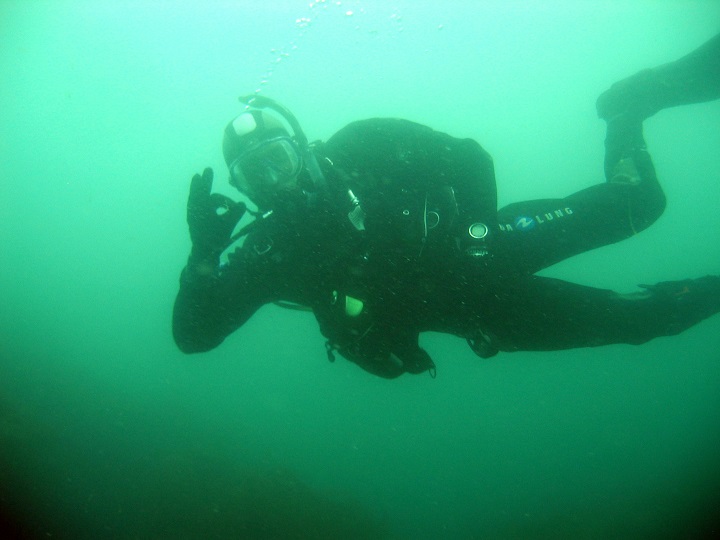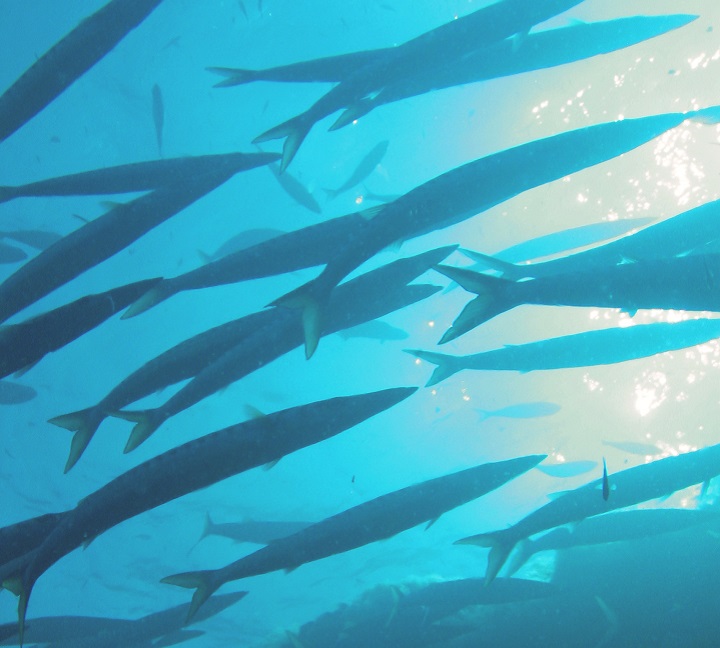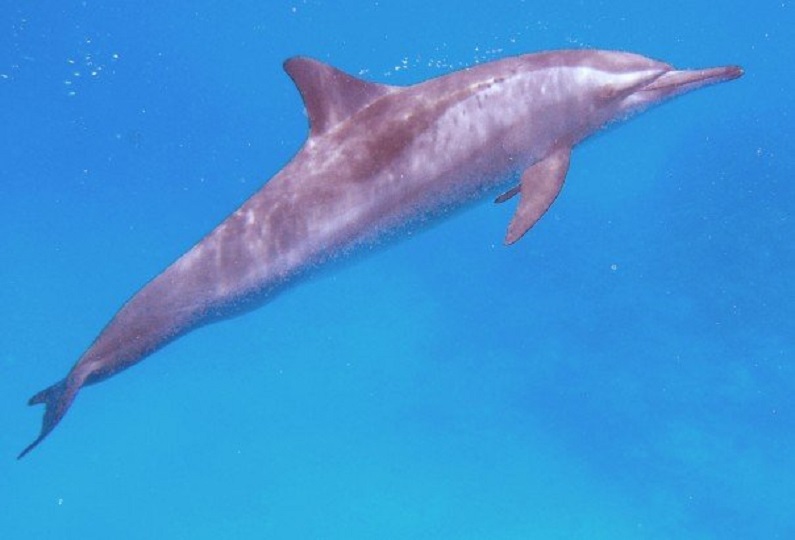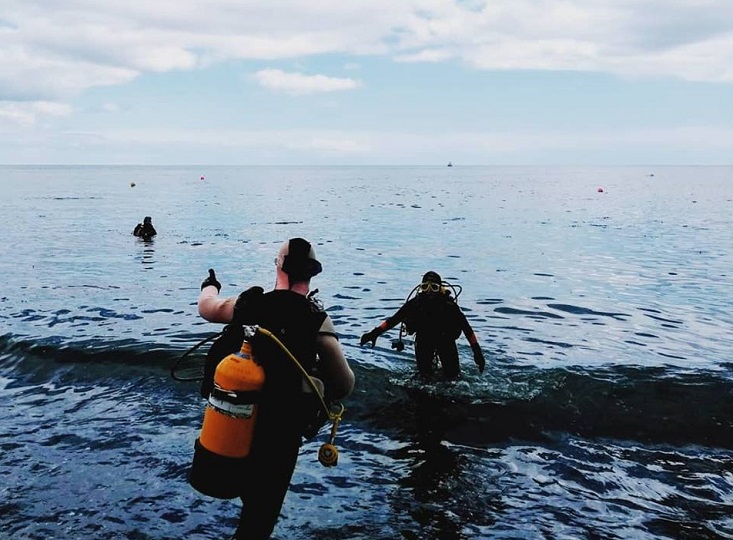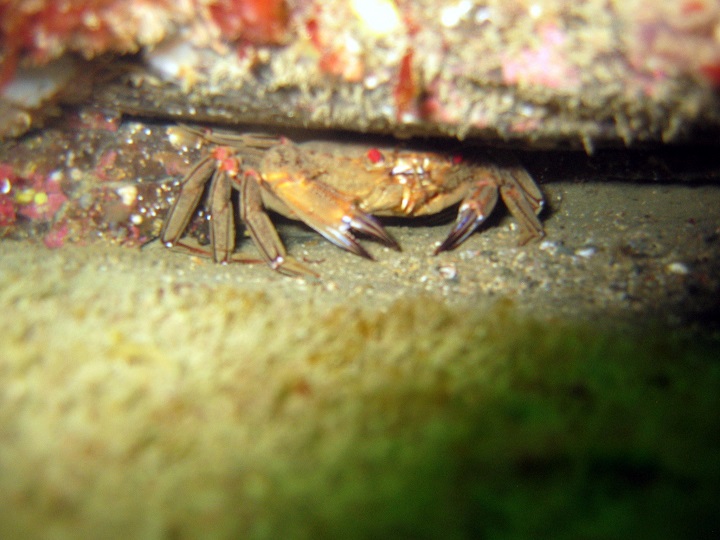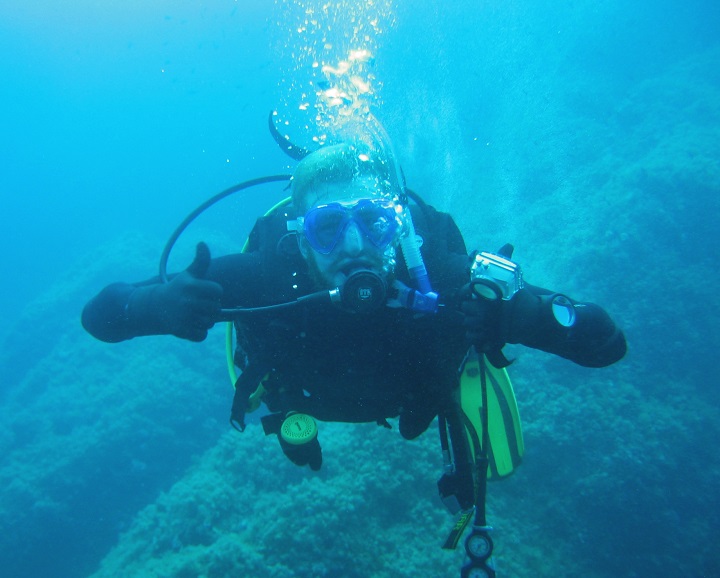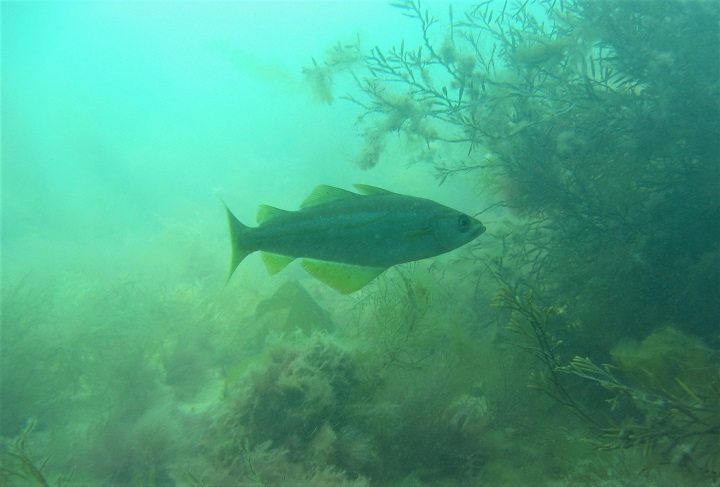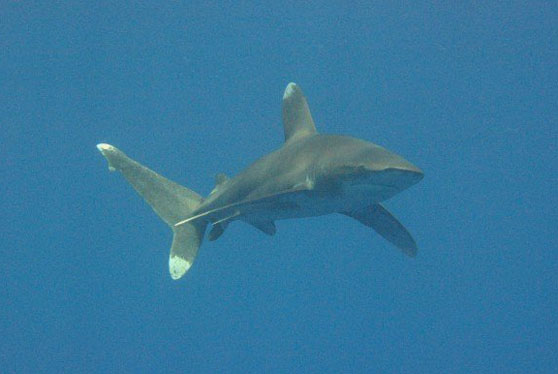20 thing you need to know about learning to scuba dive
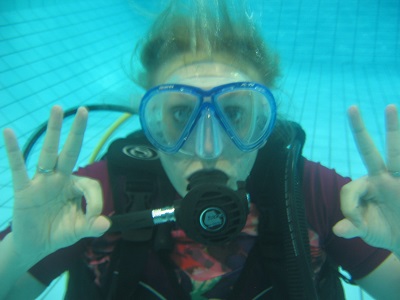
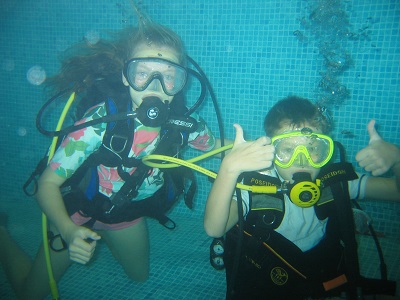
Generally speaking, you should be looking between £550 and £650 for a full PADI open water course which is a really good price for what you are getting as these courses are normally made up of at least 30 hours of course time with a high ratio of highly trained scuba diving professionals to students on each course plus at the end, you receive a qualification which can last you a lifetime and open up a whole new world. If you come across a dive centres whose price is a lot below this its probably a really good idea to ask yourself why it's so cheap before signing on to learn to scuba dive with them.
Please remember that these are the minimum standards and it is much better for you as the student if you get as much time as you need to learn these skills which is why at places like underwater adventures you get unlimited pool session included with the course which lets you learn at your own pace so the course can take as long as you need or be finished in time for your upcoming holiday.
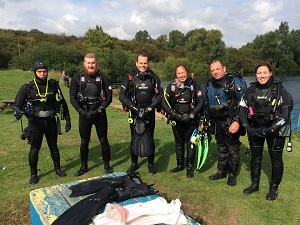
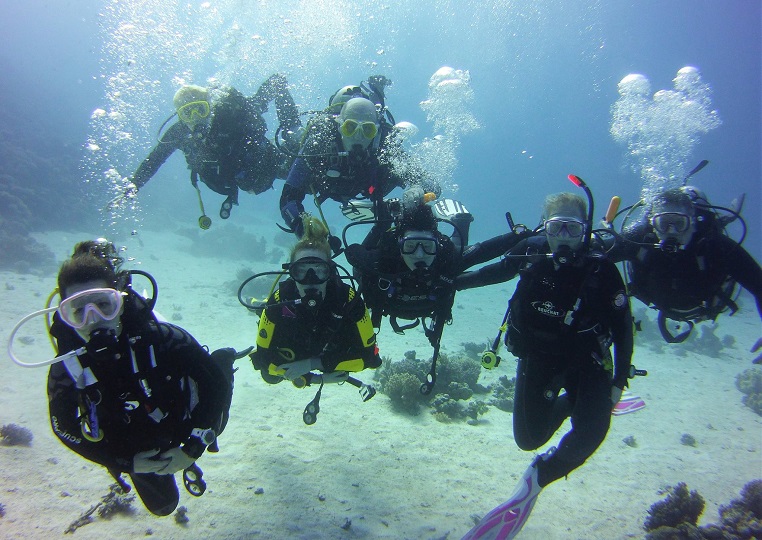
There is another option as well which is the PADI referral system where you complete the dive theory and pool sessions here in the UK and are given a referral form which you can take with you on holiday and give it to a dive centre over there so that you can complete your open water dives while on holiday limiting the amount of holiday time you spend on the course. You can contact underwater adventures to find out more about this option by clicking here.
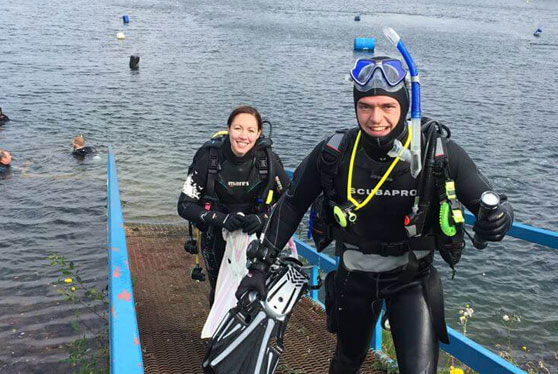
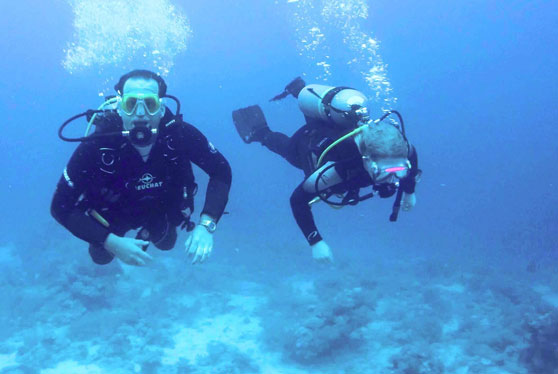
Another way to look at it is that nearly all shark attacks on humans, around 80 in the whole world each year, happen to people on the surface and that the very rare time scuba divers are attacked it is always while spearfishing. So, if you don’t want to be any part of the already incredibly small chance of a shark attack, the best thing you can do is learn to scuba dive, or never ever go in the water.
- Is it safe?


- Can anyone learn to scuba dive?
- Is it hard to learn how to scuba dive?
- Can I have a go first to see if I like it?
- How much does it cost?
Generally speaking, you should be looking between £550 and £650 for a full PADI open water course which is a really good price for what you are getting as these courses are normally made up of at least 30 hours of course time with a high ratio of highly trained scuba diving professionals to students on each course plus at the end, you receive a qualification which can last you a lifetime and open up a whole new world. If you come across a dive centres whose price is a lot below this its probably a really good idea to ask yourself why it's so cheap before signing on to learn to scuba dive with them.
- How long will your Open Water Course take?
Please remember that these are the minimum standards and it is much better for you as the student if you get as much time as you need to learn these skills which is why at places like underwater adventures you get unlimited pool session included with the course which lets you learn at your own pace so the course can take as long as you need or be finished in time for your upcoming holiday.


- Can I do my open water course here in the UK?
There is another option as well which is the PADI referral system where you complete the dive theory and pool sessions here in the UK and are given a referral form which you can take with you on holiday and give it to a dive centre over there so that you can complete your open water dives while on holiday limiting the amount of holiday time you spend on the course. You can contact underwater adventures to find out more about this option by clicking here.
- Is it cold?
- Which agency should I learn with?
- What’s involved in the training?
- Do I need to be able to swim?
- I want to learn to scuba dive with my partner, is that OK?
- Can my children learn to scuba dive as well?
- I’m nervous, is that OK?
- I have a medical condition, can I still learn to scuba dive?
- I have a disability, can I still scuba dive?


- Do I have to own my own equipment?
- I’m afraid of being eaten by sharks
Another way to look at it is that nearly all shark attacks on humans, around 80 in the whole world each year, happen to people on the surface and that the very rare time scuba divers are attacked it is always while spearfishing. So, if you don’t want to be any part of the already incredibly small chance of a shark attack, the best thing you can do is learn to scuba dive, or never ever go in the water.
- Is it fun?
- What comes after your Open Water Course?
.png)



